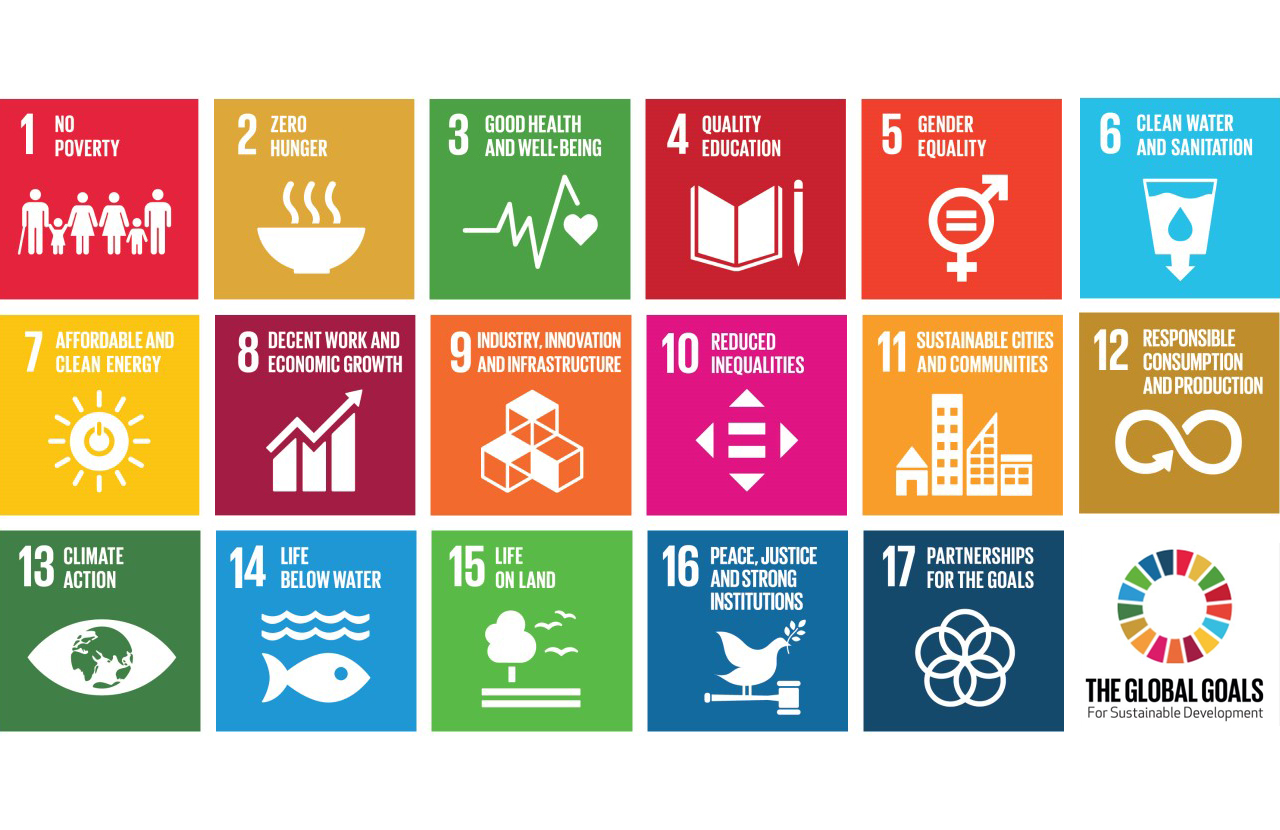Data and statistics vital to meet the 2030 Agenda, FAO tells donors

Six years into the 2030 Agenda, high quality, timely, relevant and granular data are vital to monitor progress towards the 2030 Agenda, remarked Máximo Torero, FAO’s Chief Economist at a resource partners meeting that was held virtually on 9 December 2021. The event, entitled “Data for the SDGs” was organized by FAO’s Office of Chief Statistician and brought together numerous delegates from the donor community.
As suggested by FAO’s SDG progress report “Tracking progress on food and agriculture-related SDG indicators 2021”, the world continues to be off-track to meeting the food- and agriculture-related SDG targets. The impact of the COVID-19 pandemic is now being felt across several SDG indicators, whose progress has reversed or further deteriorated. Moreover, the pandemic caused serious disruption to statistical operations across the world, particularly in low- and middle-income countries.
In the face of these novel challenges, countries are multiplying their requests for support from FAO and urge the Organization to help develop their capacity to leverage earth observation data and artificial intelligence methods. Despite the growing consensus on the importance of data and statistics, official development assistance (ODA) to data and statistics continue to be vastly underfunded, currently attracting a mere 0.3% of total Official Development Assistance (ODA). In other words, projects to support data and statistics in their own right remain low on the priority list of donors and account for only half of the amount required for the implementation of the Cape Town Global Action plan for Sustainable Development Data (CT-GAP).
Addressing delegates from several FAO Members, international organizations and financing institutions investing in agriculture, FAO called on the international donor community to step up its investment in SDG data for people and planet during the Decade of Action for SDGs. “Without essential data, governments and organizations struggle to shape effective policies, encourage investments, target relief programmes, and measure progress towards sustainable development”, stated Pietro Gennari, FAO Chief Statistician. “FAO itself has invested twice as much of its own Regular Programme resources to support SDG indicator capacity development work. With your support, we can accelerate the pace of progress, and successfully report on the whole set of SDG indicators under FAO custodianship”, argued Gennari.
A key objective of the meeting was to brief all current and potential resource partners on FAO’s progress in providing capacity development for SDG data and introduce them to a series of new funding opportunities for SDG data-related initiatives. Specifically, FAO advocated for further support to the USD 21 million “Measuring the SDGs” Programme, which aims at increasing the availability and quality of statistics to inform decision-making on the SDGs, a key ingredient to putting the 2030 Agenda back on track.
The event provided valuable insights into the centrality of data in FAO’s work to eradicate hunger and poverty. FAO’s new Strategic Framework has recognized data as one of four key “accelerators”, and the Organization is moving toward an integrated governance structure for data and statistics, modelled on the UN Secretary General’s Data Strategy. Particular emphasis was given to productivity and incomes of small-scale food producers, sustainable agriculture, gender, food losses, and measuring the private sector’s contribution to the SDGs, which are fundamental priority areas yet still underreported.
Finally, the event forged strong agreement on the importance of strengthened strategic engagement and key partnerships with the private sector to build knowledge on the specific contribution that can be made by the private companies to the SDGs. “We need to raise our ambitions in terms of what companies are reporting and collect and analyze private sectors sustainability data to better build knowledge and inform our decisions. We are confident that this direction of engaging with private sector entities of all sizes across all parts of the agri-food system and our ability to bring better understanding and better access to data will serve to accelerate innovation, evidence-based decision making and ultimately and very importantly SDG monitoring”, concluded Beth Bechdol, FAO Deputy-Director General.
